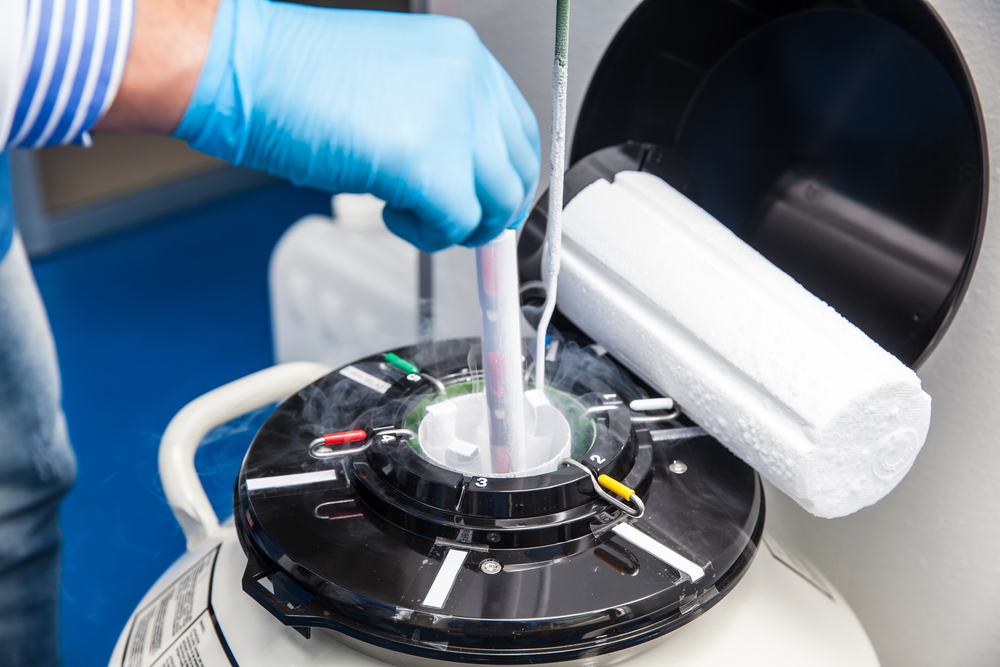Sperm donation is when a man donates his semen to help either a couple or an individual conceive a baby. This donated sperm can either be introduced into a woman’s uterus, which is known as Intrauterine Insemination, or it can be used to fertilise an egg in a lab, known as In Vitro Fertilisation (IVF). We have put together this helpful guide to provide you with more information about what’s involved with sperm donation, and why it might be an option for you.
Why Should I Use a Sperm Donor?
There are lots of reasons why our patients may require a sperm donor in order to conceive. You may be a single woman, in a same-sex relationship, or your male partner may be suffering with infertility. Another reason why you might want to consider using a donor is if your male partner has a genetic mutation or viral infection that can be sexually transmitted or passed onto the child. Your situation may help you determine your criteria when choosing a sperm donor.
How is Donor Sperm Obtained?
At Concept Fertility, we do not recruit sperm donors. However, we do work with dedicated sperm banks, each of whom have excellent reputations and have good pregnancy/birth results. In this case, the sperm donor is relatively anonymous to you (but details are filed with a central registry and available to a resulting child when it reaches 18). However, you may have a sperm donor of your own in mind, such as a close friend. This is particularly common amongst same-sex couples.
When using a sperm bank, you will visit their website and select your donor based on your requirements. You will pay the sperm bank online and then they will liaise with our lab to arrange the shipping details. We typically receive the donor sperm a few days after your payment. We also ensure the process is legally compliant.
If you have your own sperm donor in mind, there are some things you should carefully consider. For instance, what would happen if you, the donor, and the child meet? Concept Fertility offer implications counselling for yourself and the donor in which you can discuss these possible scenarios and ask any questions you may have. Also to consider are the time and costs involved, which you can discuss with us before you proceed, and are relatively high. Also, you will need to consider the possibility of your known donor failing one of the medical tests midway through the process.
How Are Sperm Donors Selected?
Most sperm banks have very specific requirements when it comes to their donors, to ensure they have the highest possible quality sperm. In fact, most sperm banks will reject a huge proportion of their applicants. The donors are usually evaluated in the following ways:
- Age
- Personal and sexual history
- Blood and urine samples
- Semen testing
- Family medical history
These tests and samples will ensure the donated sperm will not pass on any health conditions, such as HIV or other known or common genetic conditions or hereditary diseases.
Please get in touch at your earliest convenience if you would like to discuss your fertility treatment options and receive some professional advice.

